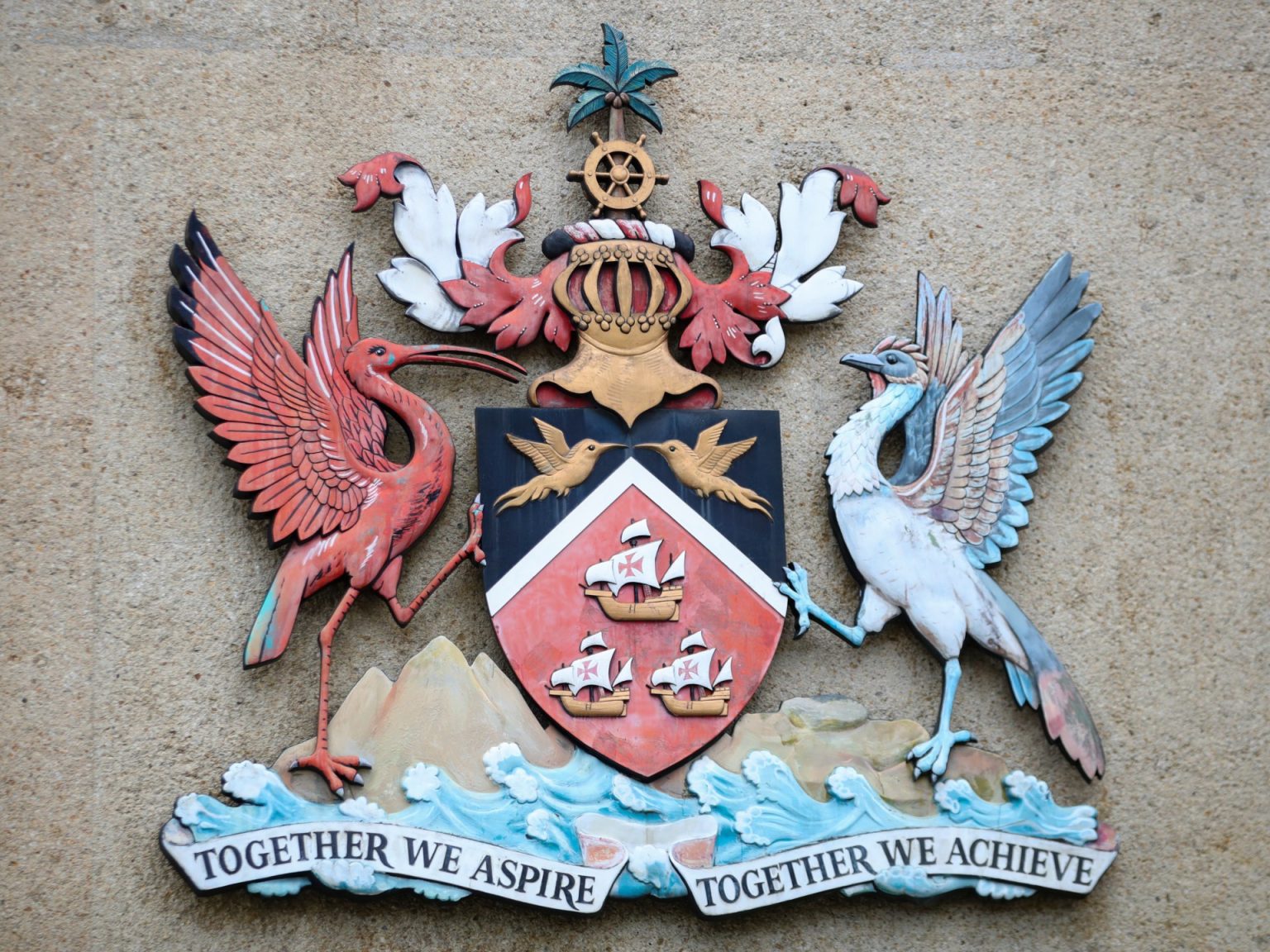Trinidad and Tobago is making significant changes to remove colonial connections from its national symbols. The island nation is redrawing its coat of arms for the first time since gaining independence in 1962, replacing references to European colonization with more culturally relevant imagery. Explorer Christopher Columbus’s ships will be replaced with the steelpan, a popular percussion instrument that originated on the island. Prime Minister Keith Rowley announced these changes to a standing ovation at a party convention, signaling a move towards removing colonial vestiges from the country.
In addition to changing the coat of arms, Trinidad and Tobago will hold a public hearing on whether statues, signs, and monuments with colonial connections should also be removed. Rowley is advocating for abandoning the UK King’s privy council as the highest court of appeal, a legal arrangement still in place for several Commonwealth countries, including Trinidad. This move reflects a desire to move away from colonial influences and establish more independence in the country’s legal system. Last year, St Lucia voted to remove the council from their legal system, opting instead to join the Caribbean Court of Justice in 2023.
Trinidad and Tobago is one of 14 Caribbean countries seeking reparations from the UK and other colonial powers, highlighting a broader movement in the region to address the impacts of colonialism. The changes in Trinidad are part of a global trend to remove symbols of the colonial era, with statues of Columbus being removed or toppled in various countries. Columbus arrived in Trinidad and Tobago in 1498, leaving a lasting impact on the region that is now being reassessed and reinterpreted through these changes to national symbols.
The removal of colonial references from Trinidad and Tobago’s coat of arms and legal system represents a significant step towards reclaiming cultural identity and autonomy. The shift towards more culturally relevant imagery, such as the steelpan, celebrates the nation’s unique heritage and traditions. By reassessing and updating national symbols, the country is acknowledging its past while moving towards a more inclusive and decolonized future. These changes reflect a growing awareness and activism around decolonization and reparations in the Caribbean region and beyond.
The decision to remove colonial vestiges from Trinidad and Tobago’s national symbols is a positive step towards addressing the legacy of colonialism and promoting cultural pride and autonomy. By reimagining the country’s coat of arms and legal system, the government is taking concrete actions to decolonize institutions and symbols that have long reflected European colonization. The public hearing on removing statues, signs, and monuments with colonial connections further demonstrates a commitment to reevaluating the country’s past and creating a more inclusive and representative national identity.
Prime Minister Keith Rowley’s announcement of these changes has been met with enthusiasm and support, as many in Trinidad and Tobago see it as a long-overdue move towards reclaiming and celebrating the nation’s unique cultural heritage. The shift towards more culturally relevant national symbols and legal arrangements is part of a broader movement in the Caribbean region and beyond to address the impacts of colonialism and work towards justice and reconciliation. These changes signify a new chapter in Trinidad and Tobago’s history, one that acknowledges the past while shaping a more inclusive and equitable future for all its citizens.


